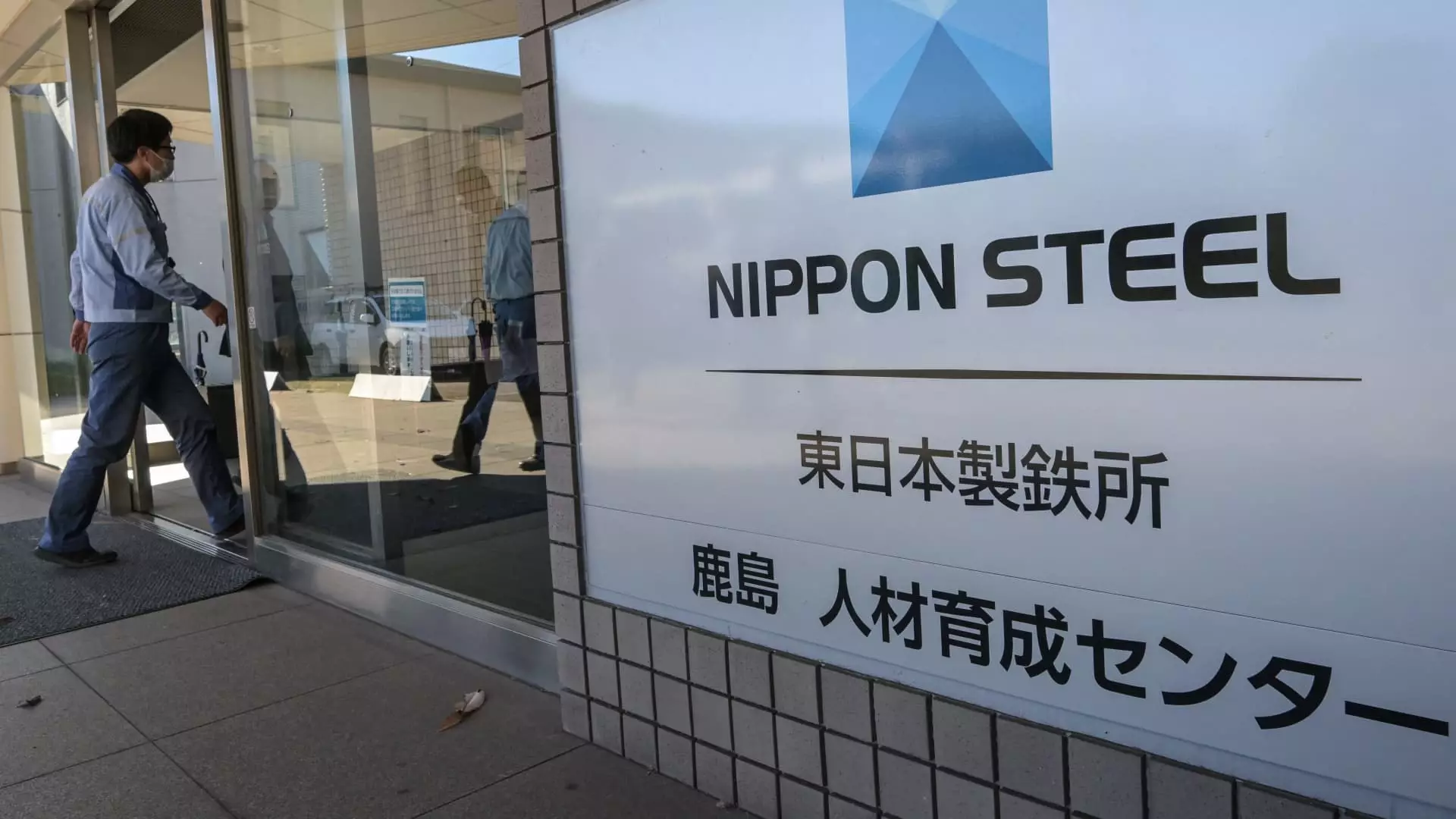In a significant move emblematic of the current administration’s stance on foreign investments in critical industries, President Joe Biden has reportedly blocked Nippon Steel’s ambitious $14.9 billion bid to acquire U.S. Steel. This decision, anticipated to be officially announced soon, highlights ongoing tensions surrounding national security concerns and foreign ownership in American manufacturing sectors.
Nippon Steel’s attempt to take control of U.S. Steel revealed a complex landscape of economic strategy and regulatory scrutiny. The bid was a major step for the Japanese company, aiming to expand its influence in the American market. However, the Committee on Foreign Investment in the United States (CFIUS) was tasked with evaluating the potential risks associated with the acquisition. The committee was particularly troubled by the implications the deal could have on U.S. Steel’s production capabilities, a factor deemed crucial in safeguarding national interests.
Efforts by Nippon Steel to alleviate these concerns included commitments to maintain U.S. Steel’s headquarters in Pittsburgh and ensuring a board composed entirely of U.S. citizens. Despite these reassurances and the backing from U.S. Steel shareholders favoring the merger, Biden’s administration appeared resolute in its skepticism, suggesting that national security could not be compromised even in the face of shareholder support.
Biden’s rejection of the bid reflects an overarching priority of the current administration: protecting domestic industries from foreign control, particularly in sectors deemed vital to national security. The Bide administration’s position is that a significant reduction in production capacity at U.S. Steel could lead to supply chain vulnerabilities affecting critical industries, including defense. The administration’s heightened vigilance over foreign investments signals a shift in economic strategy where national security is increasingly at the forefront of economic policy considerations.
Former President Donald Trump’s vocal opposition to the deal further complicates the landscape. His critical statements emphasizing the importance of retaining ownership of major U.S. companies locally resonate with broader populist sentiments that challenge globalization. The amalgamation of political pressure and national security imperatives creates a significant barrier for foreign investors seeking to penetrate the U.S. market.
The fallout from Biden’s decision raises pertinent questions about the future of U.S. manufacturing, particularly within the steel sector. While the rejection of foreign investment can be seen as a victory for national interests, it also risks isolating the U.S. from global competitors, potentially stunting growth and innovation in an industry that has faced severe challenges in recent years. The American steel industry must navigate not only domestic constraints but also the pressures of international competition from countries like Japan and China.
The decision to block Nippon Steel’s bid could lead to increased scrutiny of future foreign investments in American companies, as the CFIUS may adopt a more preventative stance regarding similar proposals. Companies looking to acquire or merge with American entities may need to anticipate a complex regulatory environment that demands clear commitments to national interests.
President Biden’s impending announcement regarding the Nippon Steel acquisition reflects larger trends in U.S. economic policy – prioritizing national security while simultaneously grappling with the realities of globalization. As the global economy evolves, U.S. policymakers will need to strike a delicate balance between fostering economic strength and responding to the reality of interconnected markets.
The rejection not only sends a message about the administration’s regulatory priorities but also serves as a reminder of the inherent tug-of-war between maintaining competitive industry globally and ensuring that American companies remain decisively under U.S. control. It remains to be seen how this rejection will influence future discussions around foreign investments and revitalization efforts within the American industrial sector.


Leave a Reply